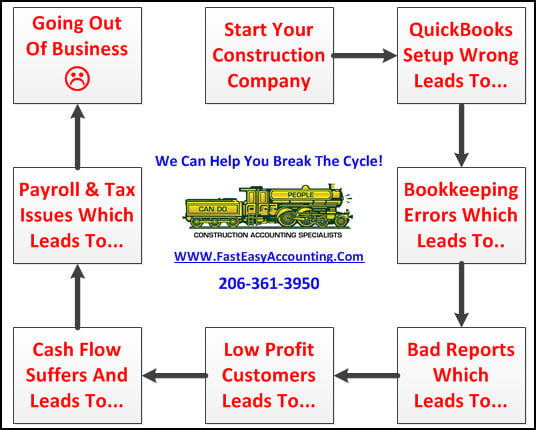
Embarking on the journey of starting a construction business requires careful planning, strategic decision-making, and a solid understanding of the industry landscape. Whether you’re a seasoned professional or a newcomer to the construction field, here are some essential tips to help you lay the foundation for success.
Conduct Thorough Market Research
Before diving into the world of construction entrepreneurship, take the time to conduct thorough market research. Understand the demand for construction services in your target market, identify potential competitors, and assess the unique needs and preferences of your target audience. By gaining insights into market trends and customer expectations, you can position your business more effectively and identify opportunities for growth.
Develop a Comprehensive Business Plan
A well-crafted business plan serves as a roadmap for your construction business, outlining your goals, strategies, and action plans for success. Define your target market, identify your competitive advantage, and establish clear financial projections and milestones. Your business plan should also include detailed plans for marketing, operations, and personnel management. Consider seeking guidance from industry experts or mentors to ensure that your business plan is thorough and realistic.
Obtain the Necessary Licenses and Permits
Operating a construction business requires compliance with various local, state, and federal regulations. Before commencing operations, obtain all necessary licenses, permits, and certifications required by your jurisdiction. This may include contractor licenses, building permits, zoning approvals, and safety certifications. Failure to comply with regulatory requirements can result in fines, penalties, and legal liabilities that can hinder the success of your business.
Secure Adequate Financing
Starting a construction business typically requires significant upfront investment in equipment, materials, labor, and overhead expenses. Evaluate your financial needs carefully and explore various financing options to fund your startup venture. This may include personal savings, bank loans, lines of credit, or investment from partners or investors. Develop a realistic budget and financial plan to ensure that you have the necessary resources to launch and sustain your business operations.
Invest in Quality Equipment and Tools
The quality of your equipment and tools can significantly impact the success and reputation of your construction business. Invest in high-quality tools, machinery, and vehicles that are suitable for the types of projects you intend to undertake. Consider both short-term needs and long-term growth when making equipment purchases, and prioritize safety and efficiency in your selection. Regular maintenance and upgrades are essential to ensure that your equipment remains in optimal condition and minimizes downtime.
Build a Reliable Network of Suppliers and Subcontractors
A strong network of suppliers and subcontractors is essential for the smooth operation of your construction business. Establish relationships with reputable suppliers who can provide quality materials and supplies at competitive prices. Similarly, cultivate partnerships with reliable subcontractors who can assist with specialized tasks or provide additional manpower as needed. Clear communication, mutual trust, and professionalism are key to building and maintaining successful relationships with your network of partners.
Prioritize Safety and Compliance
Safety should always be a top priority in the construction industry. Implement comprehensive safety protocols and training programs to protect your workers and minimize the risk of accidents or injuries on the job site. Ensure compliance with Occupational Safety and Health Administration (OSHA) regulations and industry best practices to maintain a safe and productive work environment. Investing in safety measures not only protects your employees but also enhances your reputation and reduces liability risks for your business.
Develop a Strong Brand and Marketing Strategy
Effective branding and marketing are essential for attracting clients and differentiating your construction business from competitors. Develop a strong brand identity that reflects your company’s values, expertise, and commitment to quality. Invest in professional branding materials, such as a logo, website, and marketing collateral, to establish a strong online presence and showcase your portfolio of work. Implement targeted marketing strategies, such as digital advertising, social media marketing, and networking events, to reach potential clients and generate leads for your business.
For more in-depth insights and guidance on starting a construction business, visit Tips for Starting a Construction Business to access valuable resources and expert advice to help you launch and grow your construction venture successfully.
